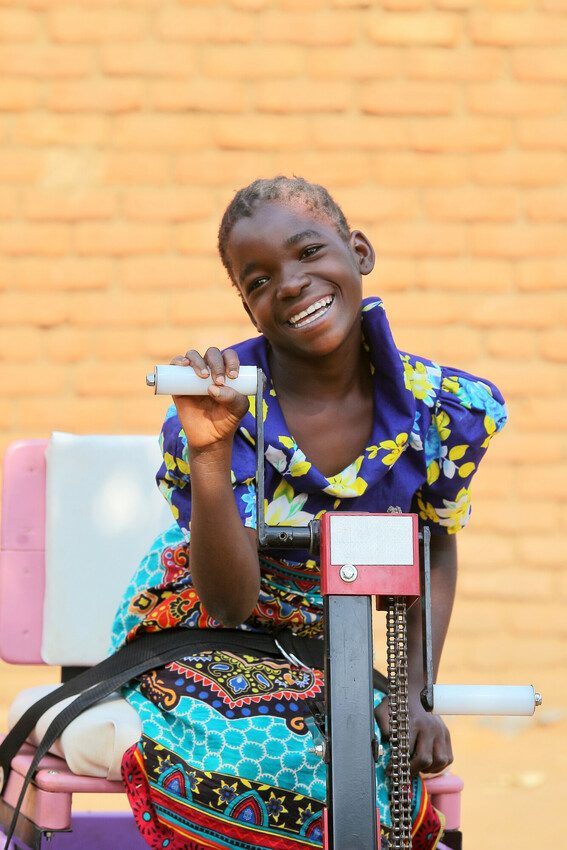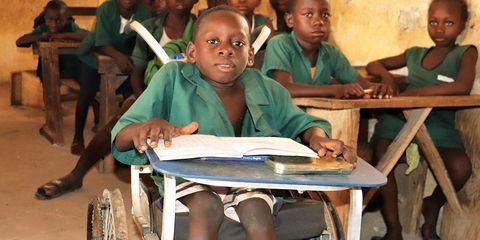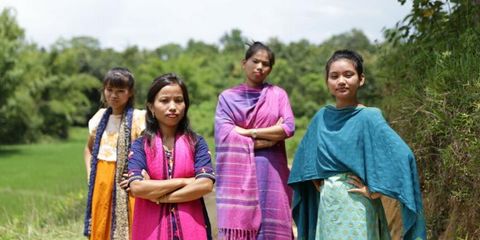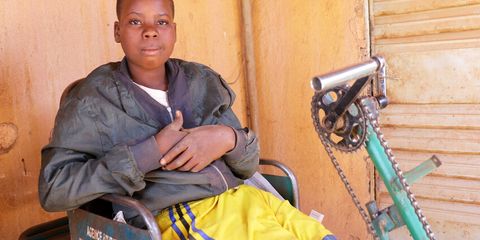Power in our hands: Youth driving humanitarian change
Dear Plan International leaders, humanitarians and colleagues,
As we mark International Youth Day and World Humanitarian Day this month, we speak not as passive recipients of aid, but as first responders, innovators and leaders in humanitarian action.
The theme Youth Participation in Humanitarian Action is not a token gesture. It is a demand for transformation. It is a call to recognise, respect and resource the leadership of young people in shaping humanitarian responses that are just, inclusive and effective.
On 7 August, young voices from across the globe came together in a powerful webinar to share lived experiences, bold ideas and urgent calls to action. We are writing this letter to amplify those voices and ensure they echo far beyond the event.
What’s wrong with the current system?
Too often, youth are tokenised, sidelined or invited into spaces without power. Young people are often excluded from decision-making, underfunded and given superficial roles in humanitarian spaces.
We face systemic barriers, especially those in rural areas, girls and young women, youth with disabilities and marginalised communities. Yet, we continue to lead, respond, and rebuild—often without recognition or support. Our lived experiences are undervalued and our innovations are overlooked. This must change.
Our vision for humanitarian action
We envision a system where:
- Youth-led initiatives are funded directly, with flexible compliance requirements.
- Young people chair and facilitate high-level events, not just attend them.
- Protection mechanisms ensure safe and meaningful participation.
- Girls and young women’s leadership is prioritised and supported.
- Youth from rural areas are actively included and represented.
- Training, mentorship and networking empower youth to build careers in humanitarian work.
- Technology and local platforms bridge gaps in access and amplify diverse voices.
Our demands
We call on Plan International to:
- Invest in youth-led responses with flexible, sustained funding.
- Include youth in decision-making platforms at all levels.
- Create safe spaces for youth participation, especially for those with disabilities.
- Expand engagement to rural areas and underrepresented groups.
- Establish youth volunteering programmes that build skills and careers.
- Support mentorship and education programmes tailored to humanitarian work.
- Commit to accountability mechanisms that track youth inclusion and impact.
- Engage youth from the start in design, implementation and evaluation.
- Ensure visibility and access to global platforms.
These actions must begin now, not tomorrow.
Our message is clear
- More than being just beneficiaries, youth must be actively engaged and represented in leadership, decision-making and entrepreneurship.
- When young people are meaningfully involved in humanitarian work, they become powerful agents of recovery and economic empowerment.
- We are not waiting for permission. We are already responding. Now it’s time for the system to catch up.
- Our involvement is not just about participation; it is a testament to innovation.
- Nothing for us without us, our globe is being shaped by young people.
- Investing in our skills and innovative solutions will unequivocally lead to successful social transformation.
We urge you to act now. Partner with us, fund us and stand beside us, not behind us.
Prepared by:
Wedasemariam Telahune and panelists of World Humanitarian Day & International Youth Day: Meaningful Youth Participation in Humanitarian Settings Webinar
Signed by:
Global Young Influencers Group
Nhial Jock
Hamdiatu Batieha Alhassan



